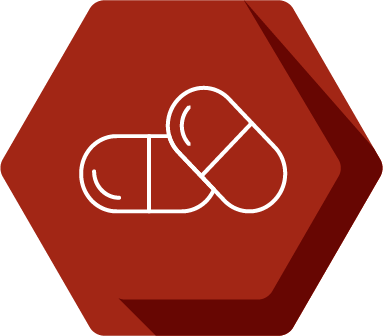Rafid Farjo

Pronouns: He/Him
Research Mentor(s): Kanishka Jayasundera, Associate Professor
Research Mentor School/College/Department: Department of Ophthalmology, Michigan Medicine
Presentation Date: Thursday, April 22, 2021
Session: Session 5 (3pm-3:50pm)
Breakout Room: Room 13
Presenter: 4
Abstract
Inherited retinal diseases (IRDs) are a diverse group of progressively-worsening genetic diseases that can lead to blindness and irreversible vision impairment. Inherited retinal diseases are one of the leading causes of blindness worldwide. However, IRDs are heterogeneous in their nature and studying them through research can be very difficult. Presently, cost-effectiveness analyses (CEA) in the field of IRDs face multiple limitations which can lead to a degree of uncertainty in results, such as: the variance in disease progression rates amongst different IRD phenotypes, the difficulty of estimating disease-related expenses, and the absence of condition-specific health-related quality-of-life measurement instruments. This study seeks to decrease CEA uncertainty in the field through designing a health-related quality-of-life instrument that can be used in upcoming CEA studies done for IRDs’ novel nearly-approved treatments. Decreasing the uncertainty of CEA done for the novel therapies will assist in decision making related to funding or rejecting these treatments by policy makers. A health utility (health-related quality-of-life) index will be established for the Michigan Retinal Degeneration Questionnaire Utility Index (MRDQ-UI), a patient reported outcome measure that was designed specifically for IRDs. One hundred participants with IRDs will complete MRDQ-UI and will have their health utility values obtained through conducting time-trade off (TTO) interviews. In TTO, patients are asked to trade a specific number of years in perfect vision for a set number of years in their current eye condition. Upon study completion, MRDQ-UI will be an accurate health utility estimator which can be utilized for futuristic CEA studies.
Authors: Rafid Farjo, Rebhi Abuzaitoun, Kanishka Jayasundera
Research Method: Clinical Research





